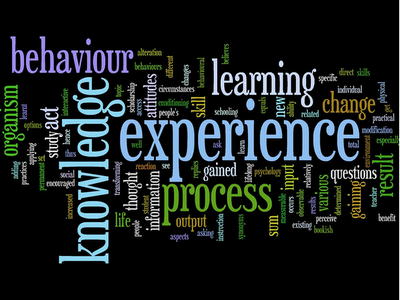The linked piece is a column (dated yesterday but I think I've seen it before) in the
Chronicle of Higher Education by Gina Barreca of the University of Connecticut. What I found most remarkable was not the piece itself but part of the first comment:
"Nobody should explain a grade to a student."
As flat and dogmatic as that. On the contrary, nobody should ever give a student a grade without explanation.
The principles of formative assessment (or "assessment for learning") suggest strongly that students can learn an enormous amount from good feedback. Indeed,
Hattie concludes that the single most effective way of improving learning is to give "dollops of feedback". And all assessment
can be formative. The mark or grade is simply a summary or proxy for the feedback, but it is so abstracted as to give practically no information. On a course on which I currently teach, there are no grades, just "pass" and "refer" (which caan lead to an outright "fail"). But there are dollops of feedback.
Last week one of the participants--"student" is not quite the word for well-qualified professionals in their fields who happen to be learning to teach that field--did ask a colleague for a grade.He demurred, but he could see how uncomfortable it made her. She had been through school, an undergraduate degree and a Master's getting grades all the time; a piece of work had not been properly assessed unless it got a grade, as far as she was concerned even if as in this case, it carried credits if it passed.
It's interesting that the education system is so hooked on grades; in the rest of the working world we get plenaty of feedback, but only in teaching do we get graded (by Ofsted)*.
I suspect that the sub-text of the original comment is that no student should ever question the judgement of a faculty member, however arbitrary.
*
Not entirely true, but substantially so.
Labels: assessment, feedback, marking





